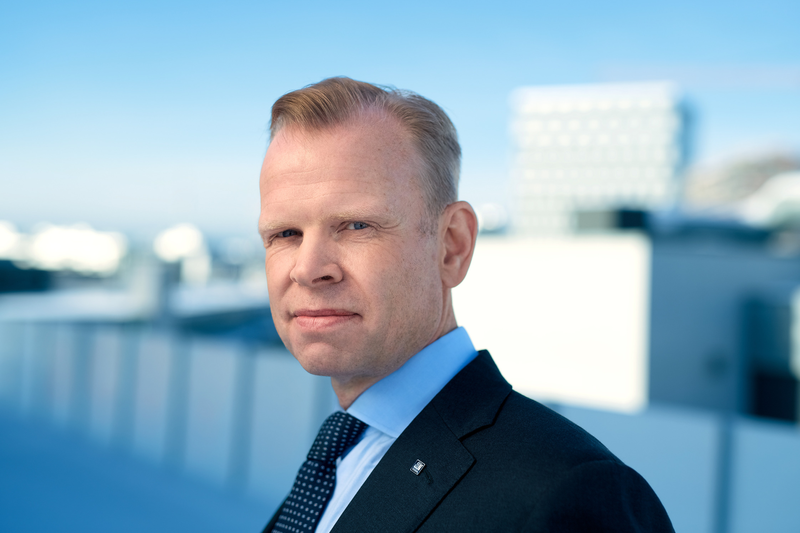Yara reported second quarter (Q2) earnings before interest, taxes, depreciation, and amortisation (EBITDA) in 2024 were $513 million, compared to $252 million in Q2 2023, an increase of 50%.
The improved margins mainly reflect higher deliveries, lower energy costs and a more stable market environment, and last being impacted by inventory write-downs and position losses.
Total deliveries in Q2 2024 were 4% higher than the same period last year, driven by increases in Europe, Asia, and clean ammonia.
The latest financial results published today (Friday, July 19) show that the Norwegian fertiliser company had net income of $3 million in Q2 2024, compared with a net loss of $298 million a year earlier.
Yara said that to strengthen its financial performance and improve shareholder returns going forward, it is initiating a $300 million cost and capex reduction programme.
The company’s EBITDA excluding special items for the first half of 2024 was $948 million, 28% higher than for the same period a year ago, while deliveries were up 7%.
Yara
President and chief executive officer of Yara, Svein Tore Holsether outlined that the company’s financial position is set to improve with cost reductions and tightening nitrogen (N) supply.
“I’m pleased to see improved results, with higher margins and deliveries in a more stable price environment. However, returns are not at satisfactory levels.
“We have been through turbulent, volatile years which Yara has navigated well, but we now need to adjust our priorities and cost base, to improve Yara’s profitability,” he said.

Holsether said that the company is aiming to reduce fixed costs by $150 million and capital expenditure (capex) by $150 million by the end of 2025.
He said that this will be achieved through “a targeted approach, prioritising high-return core business, and scaling down tail-return activities”.
“By optimizing costs and strengthening the balance sheet, Yara’s financial performance is set to improve, enabling funding of value-accretive growth and increased shareholder returns.
“Yara has unique competitive edges as an integrated nitrogen producer with a global asset footprint and downstream presence.
“This gives us scale, flexibility and optionality in how we optimize our business, including our ammonia production and trade, and it positions Yara well for profitable decarbonisation.
“With a sharpened strategic focus and growing demand for low-carbon crop solutions, Yara is set to increase value creation and shareholder returns going forward,” he said.
Founded in 1905, Yara has 18,000 employees and operations in more than 60 countries.
The global crop nutrition company reported revenues of $15.5 billion in 2023.

